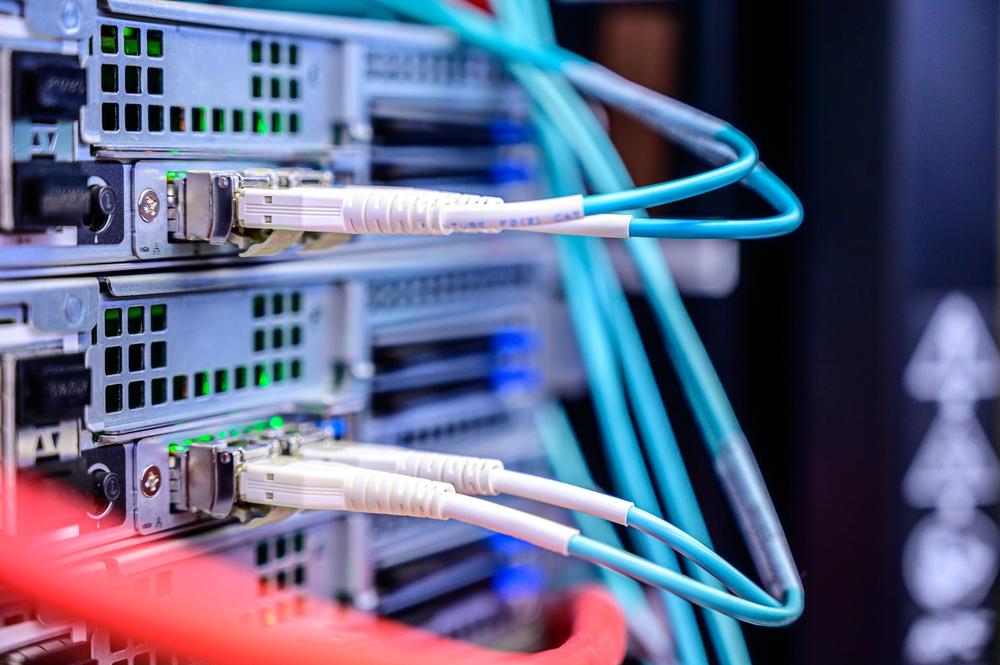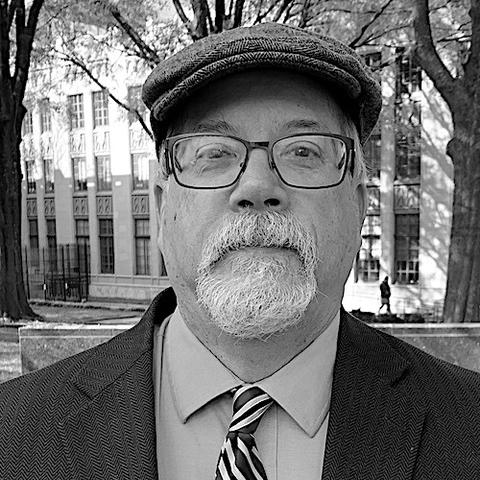
Caption
The EMCs want the Georgia Public Service Commission (PSC) to nearly double what they can charge providers to attach broadband technology to their utility poles while the providers are calling for rates to be lowered to $7 per pole, the rate set by the Federal Communications Commission.
Credit: Pexels

